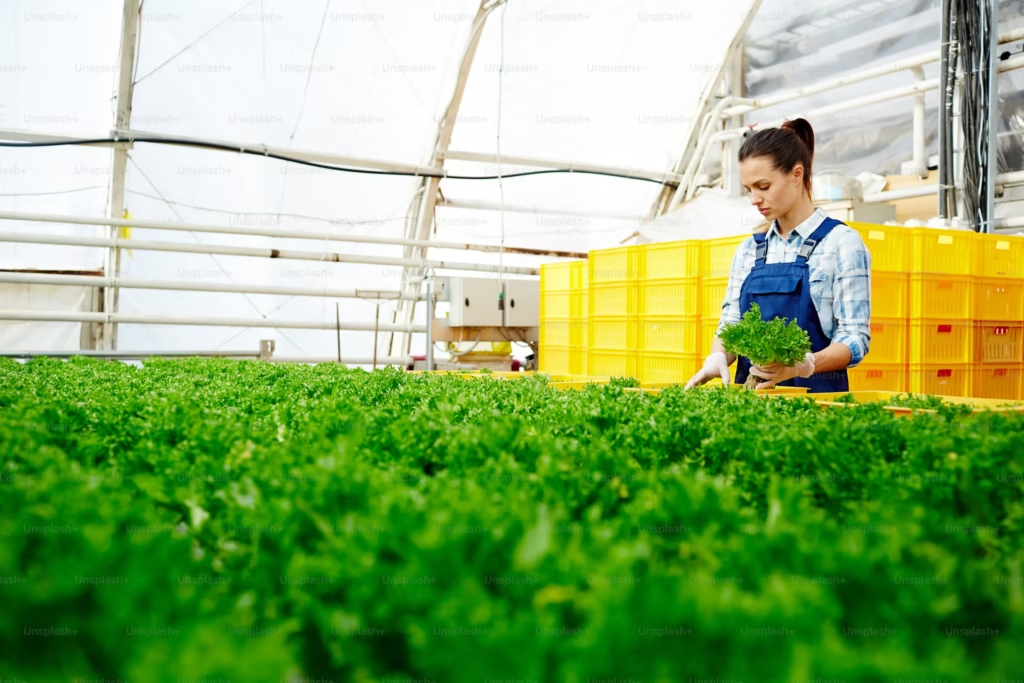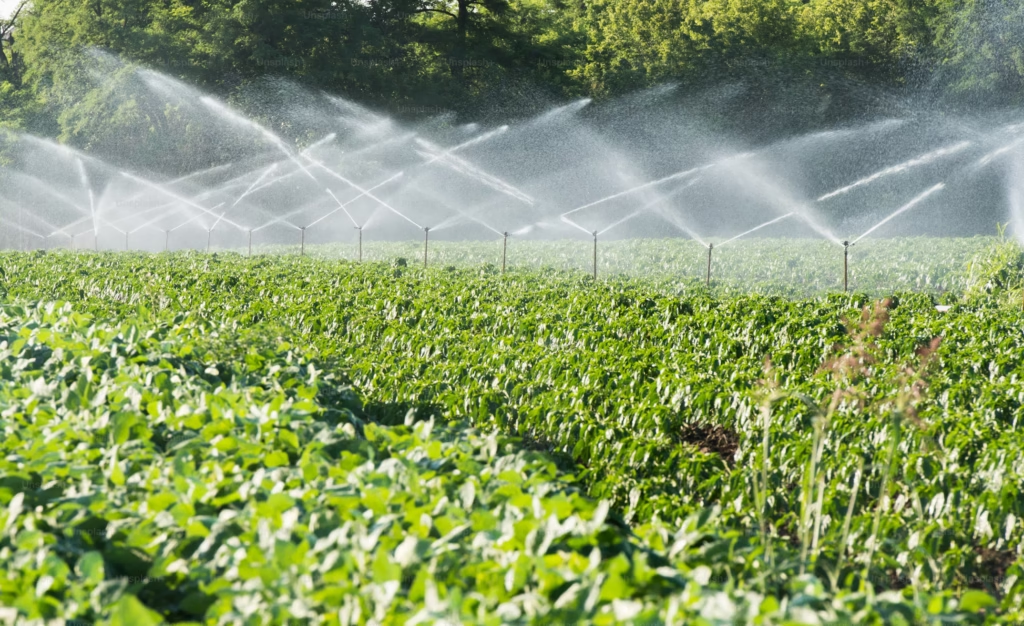
The Role of Composting in Organic Farming
Composting plays a critical role in organic farming, serving as a foundational practice that contributes to soil fertility, plant health, and environmental sustainability. Organic farming focuses on using natural processes and materials to grow crops, and composting is a key method for replenishing soil with essential nutrients without relying on synthetic fertilizers. Here’s an in-depth look at the role of composting in organic farming and how it benefits the farm ecosystem.
1. Improving Soil Fertility
Composting enriches soil by adding organic matter, which improves its structure, nutrient content, and moisture retention. The decomposed organic materials found in compost, such as plant residues, animal manure, and kitchen scraps, are rich in essential nutrients like nitrogen, phosphorus, potassium, and micronutrients. These nutrients are gradually released into the soil as compost breaks down, providing crops with a steady supply of nutrients over time.
- Benefit for soil: Adds essential nutrients to the soil, enhancing its fertility and supporting healthy plant growth.
- Result: Healthier plants and higher crop yields without the need for chemical fertilizers.
2. Enhancing Soil Structure
One of the significant advantages of composting is its ability to improve the physical structure of the soil. Compost improves soil texture, making it more friable and easier to work with. It helps sandy soils retain moisture and nutrients, while also improving the drainage and aeration of clay soils. This results in better root penetration and encourages the development of beneficial soil organisms like earthworms and beneficial microbes.
- Benefit for soil: Improves soil aeration, moisture retention, and drainage, leading to better root development and soil health.
- Result: Stronger plant roots and healthier crops.
3. Increasing Soil Microbial Activity
Compost is a rich source of organic matter that fosters a healthy ecosystem of microorganisms in the soil. These microorganisms—such as bacteria, fungi, and protozoa—break down organic materials into plant-available nutrients. The increased microbial activity also helps in the decomposition of organic matter, preventing it from accumulating as waste. Additionally, beneficial microbes can suppress harmful pathogens, reducing the need for chemical pesticides and fostering a natural balance in the soil ecosystem.
- Benefit for soil: Stimulates beneficial microbial life that aids in nutrient cycling and disease suppression.
- Result: Reduced reliance on chemical pesticides and fertilizers, leading to a more sustainable farming system.
4. Reducing Waste
Composting helps divert organic waste from landfills, making it an effective way to manage farm and household waste. Organic materials such as food scraps, plant residues, manure, and yard waste are broken down into nutrient-rich compost instead of being thrown away. This waste reduction not only supports sustainability efforts but also helps farmers make the most of available resources on their farm.
- Benefit for farmers: Reduces waste disposal costs and transforms waste into a valuable resource.
- Result: More sustainable and cost-effective farming practices.
5. Suppressing Weeds and Plant Diseases
Well-composted organic matter can help suppress weeds and reduce the occurrence of plant diseases. The natural heat generated during the composting process can kill weed seeds and pathogens, preventing them from being introduced into the soil. Furthermore, adding a layer of compost to the soil surface can act as a mulch, blocking sunlight and inhibiting the growth of weeds.
- Benefit for crops: Reduces weed pressure and prevents the spread of plant diseases.
- Result: Fewer weed and disease issues, minimizing the need for herbicides and fungicides.
6. Carbon Sequestration and Climate Change Mitigation
Composting helps sequester carbon in the soil by converting organic matter into humus, a stable form of carbon that remains in the soil for years. This process helps reduce the amount of carbon dioxide released into the atmosphere, mitigating the effects of climate change. By incorporating compost into the soil, organic farmers play a role in carbon sequestration, contributing to a healthier environment.
- Benefit for the environment: Helps sequester carbon and reduce greenhouse gas emissions.
- Result: More sustainable farming practices that support climate change mitigation efforts.
7. Enhancing Crop Quality and Flavor
Crops grown in healthy, fertile soil are generally more nutrient-dense and flavorful. Composting not only ensures the provision of essential nutrients but also improves the overall soil health, leading to stronger, more resilient plants. Organic farmers often report that crops grown with compost tend to have better taste, texture, and nutritional content compared to those grown with synthetic fertilizers.
- Benefit for crops: Produces more flavorful, nutritious, and higher-quality produce.
- Result: A better product for consumers and higher market value.
8. Cost-Effective and Sustainable Fertilizer Alternative
One of the primary goals of organic farming is to reduce dependency on synthetic fertilizers and pesticides. Composting offers a sustainable, cost-effective alternative by turning organic waste into valuable fertilizers. Once created, compost can be applied to the farm as a slow-release fertilizer, ensuring that crops receive a continuous supply of nutrients throughout the growing season.
- Benefit for farmers: Reduces the need for costly synthetic fertilizers and improves soil health.
- Result: Lower input costs and more sustainable farming practices.
9. Enhancing Soil Water Retention
Compost improves the water-holding capacity of soil, which is especially beneficial in areas with irregular rainfall or drought-prone conditions. Compost acts like a sponge, retaining moisture and reducing water loss through evaporation. This not only reduces the need for frequent irrigation but also ensures that crops receive a consistent supply of water throughout the growing season.
- Benefit for crops: Helps maintain consistent moisture levels in the soil.
- Result: Better crop growth, especially in areas with water scarcity or irregular rainfall.
10. Creating a Closed-Loop Farming System
Composting is an essential component of the closed-loop farming system, where organic waste is recycled back into the soil to maintain soil fertility. By composting farm waste and returning it to the land, farmers can create a sustainable, self-sufficient farming cycle. This practice reduces the need for external inputs and helps preserve the long-term health of the land.
- Benefit for farming: Reduces reliance on external fertilizers and chemicals.
- Result: A more sustainable, closed-loop farming system.
Conclusion
Composting is one of the cornerstones of organic farming, offering numerous benefits for soil health, plant growth, and environmental sustainability. It not only helps reduce waste and improve soil fertility but also enhances microbial activity, suppresses weeds, and mitigates climate change. For organic farmers, composting provides an efficient and cost-effective way to ensure healthy crops, maintain soil health, and reduce their environmental impact, making it an essential practice for sustainable farming.



